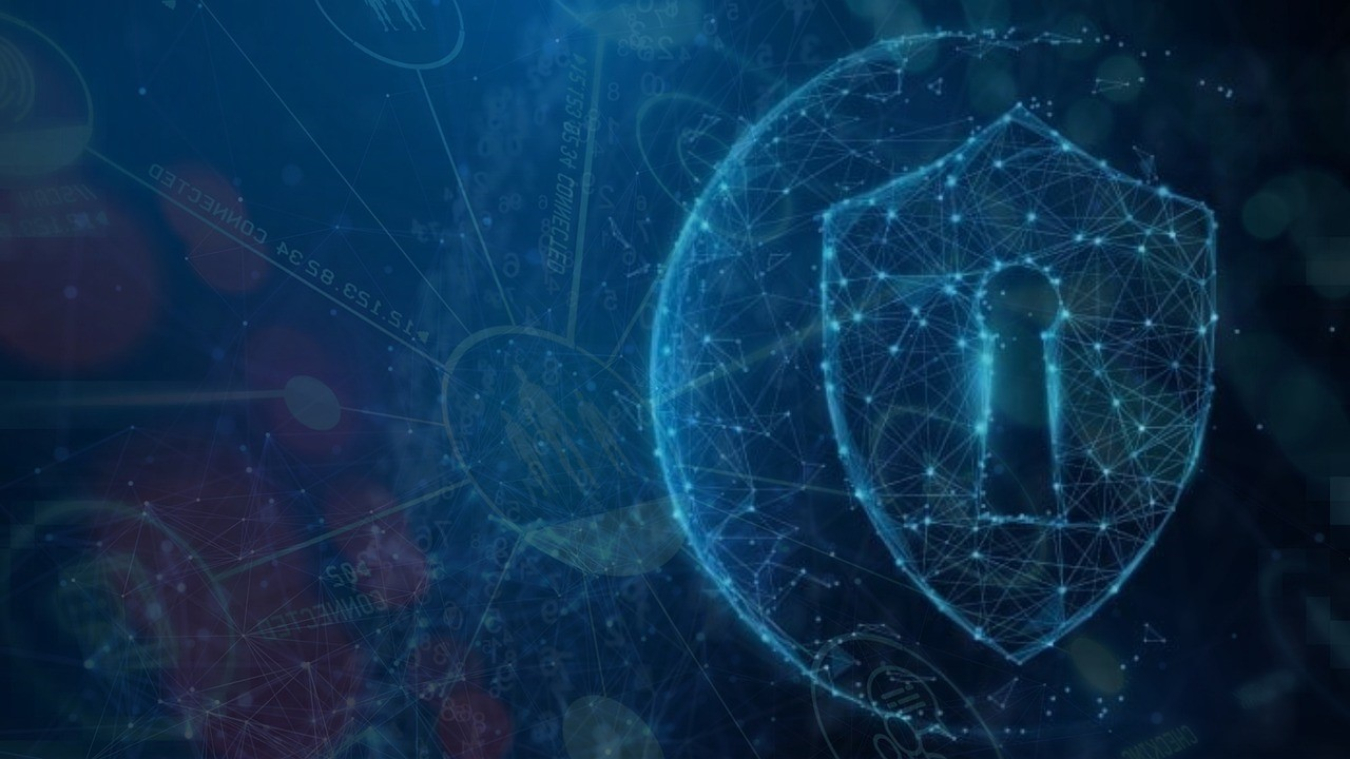As cyber threats against critical infrastructure evolve, so must the cyber resiliency of our utilities and training of our utility workers.
Office of Cybersecurity, Energy Security, and Emergency Response
October 10, 2024
As cyber threats against critical infrastructure evolve, so must the cyber resiliency of our utilities and training of our utility workers.
In the case of rural, municipal, and small investor-owned utilities, entire communities have a stake in the success and reliable operation of their local utilities. That’s where the cyber training of personnel — who often carry out multiple duties and forge regional partnerships — becomes essential to keeping the power on.
In Alaska, the energy grid is as unique as the state’s geographic makeup. A recent cybersecurity training provided through the U.S. Department of Energy’s (DOE) Rural and Municipal Utility Cybersecurity (RMUC) Program was designed with that in mind, resulting in some exciting outcomes for participants.
Over the past year, DOE’s Office of Cybersecurity, Energy Security, and Emergency Response (CESER), in coordination with Idaho National Laboratory (INL), has been providing intensive cybersecurity training opportunities for technical practitioners working in electric, oil, or natural gas utilities. The training focused on industrial control systems (ICS), operational technology (OT) cybersecurity, and included lectures as well as hands-on exercises and challenges. Through this series, more than 600 personnel from energy sector utilities were trained to improve their cybersecurity knowledge and defense skills.
When considering a similar training for Alaska, CESER invited emergency responders, representatives from other critical infrastructures with energy sector interdependences, military installations, and Federal, state, and local government partners. The result was an opportunity for regional partners, who are tasked with securing Alaska’s critical infrastructure or providing emergency response support, to train together and make connections.
Many of the participants came with a “train-the-trainer” approach in mind, and used what they learned to develop their own presentations to share and train their colleagues who could not attend.
In isolated regions, like most of Alaska, agility, resiliency, and innovation are an essential way of life. Creating lasting partnerships across all levels of government, private sector, various professions, and roles involved in energy security is important. The cybersecurity knowledge, hands-on experience, and regional connections offered through this training event will help Alaska create more secure and resilient energy systems.
For more information about the RMUC Program training opportunities, please send a request to join the RMUC Program mailing list to CESER.RMUC@hq.doe.gov.
For more information about other CESER cybersecurity training programs, please visit the CyberForce®, OT Defender, and CyberStrike websites. For more information about DOE's work in Alaska, please visit the Arctic Energy Office website.

